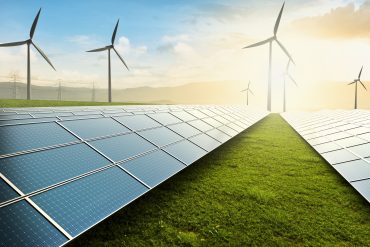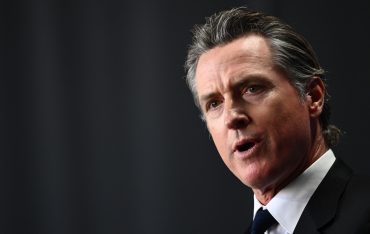
- Green Tech
NSW Opens $1B Green Bank to Boost Clean Energy Infrastructure
5 minute read

New South Wales green bank unlocks $5 billion in private renewable energy investments through public-private financing model
Key Takeaways
- $1 billion green bank launches in NSW with the Energy Security Corporation now operational to bridge investment gaps in renewable energy infrastructure as the state transitions from coal.
- $25-150 million investment range per project targets long-duration storage, pumped hydro, and virtual power plants using public-private co-investment model.
- 5:1 private capital leverage potential could unlock additional $5 billion in private sector investment, mirroring the Federal Clean Energy Finance Corporation’s proven track record.
Introduction
New South Wales launches its $1 billion Energy Security Corporation, marking a significant shift in the state’s approach to renewable energy financing. The newly operational green bank addresses critical investment gaps as NSW transitions away from coal-fired power generation toward clean energy infrastructure.
Cameron O’Reilly, who led the state’s 2023 Electricity Supply and Reliability Check Up, chairs the ESC board. The corporation targets large-scale energy storage, pumped hydro projects, and virtual power plants as priority investment areas.
Key Developments
The ESC operates under legislation passed in June 2024, with CEO Paul Peters leading the executive team since February. The corporation employs a public-private co-investment model, offering equity, debt, concessional finance, and guarantees to qualifying projects.
Investment parameters range from $25 million minimum to $150 million maximum per project. According to Renew Economy, the ESC focuses on filling financing gaps that traditional lenders avoid in early-stage renewable projects.
The board includes directors David Borger, Helen Conway, Michael Cummings, Sharon Eacott, Katerina Kimmorley, and Daniel Papps. Peters emphasizes initial engagements with energy companies have begun to identify optimal impact areas.
Market Impact
The ESC’s structure mirrors the Federal Clean Energy Finance Corporation, which mobilized AUD 5.02 for every public dollar invested in 2022-23. This leveraging effect suggests the NSW green bank could unlock approximately $5 billion in additional private sector investment.
Energy storage and grid infrastructure companies stand to benefit directly from the ESC’s targeted approach. The corporation’s focus on virtual power plants and network upgrades creates immediate opportunities for technology providers in distributed energy resources.
NSW’s approach contrasts with other states by emphasizing public investment after a decade of energy sector privatization. This shift signals renewed government involvement in energy infrastructure financing.
Strategic Insights
The ESC addresses a critical market failure where traditional financiers avoid early-stage renewable projects due to perceived risks. By providing flexible capital structures, the corporation de-risks investments that support grid modernization and energy security.
NSW Labor government positions the ESC as a response to privatization concerns, with Climate Change Minister Penny Sharpe stating the corporation “gives the people of NSW the chance to invest in their energy system.” This represents a philosophical shift toward public participation in energy infrastructure.
The timing aligns with NSW’s net-zero emissions target by 2050 and addresses immediate grid stability challenges as coal plants retire. The ESC’s focus on storage solutions directly tackles intermittency issues that accompany increased renewable generation.
Expert Opinions and Data
O’Reilly emphasizes the ESC’s role in NSW’s energy transformation, stating investment decisions will “support the state’s clean energy future and deliver long-term value for the people of NSW.” His appointment brings credibility from his electricity supply review experience.
Peters describes the ESC’s approach as providing “flexible capital” for infrastructure projects, adding “The Energy Security Corporation will invest where the need is urgent.” This signals responsiveness to market conditions rather than rigid investment criteria.
The Federal Clean Energy Finance Corporation’s proven 5:1 leverage ratio provides a benchmark for success. Industry observers view this multiplier effect as essential for achieving the scale of investment required for NSW’s energy transition.
Conclusion
The Energy Security Corporation represents NSW’s commitment to addressing renewable energy financing gaps through strategic public investment. The corporation’s operational status and $1 billion funding provide immediate capacity to support large-scale clean energy projects.
The ESC’s success depends on replicating federal leveraging ratios while navigating complex energy market dynamics. The corporation fills a critical role in NSW’s energy transition by providing capital where private markets remain hesitant to invest.








